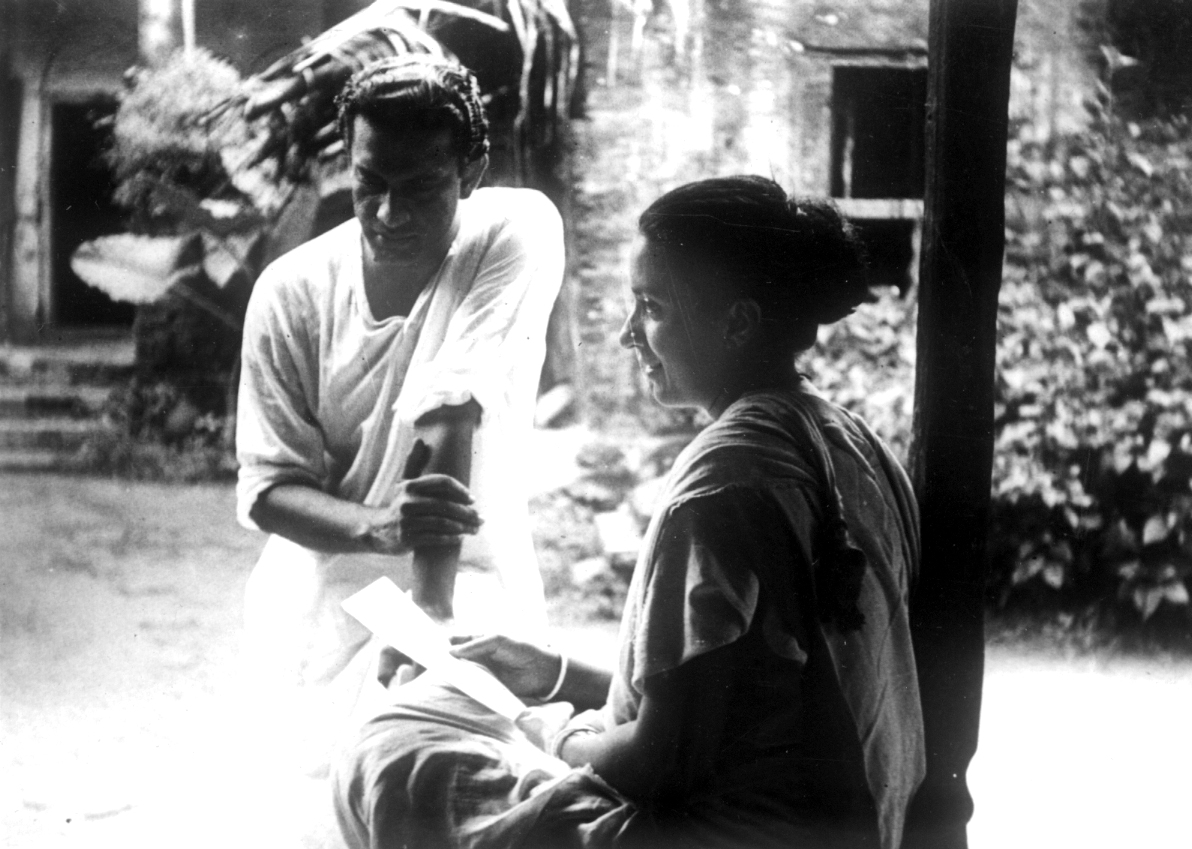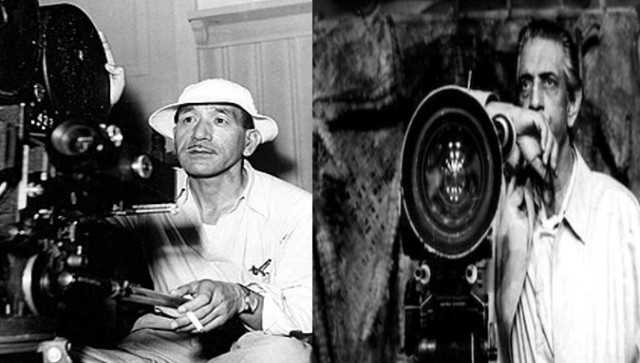As a young child growing up in Kolkata, Sujoy Ghosh says that books were all he ever had. Legendary filmmaker Satyajit Ray, who also wrote fiction, was one of his favourite authors, so when Ghosh started making movies, he was determined to adapt one of Ray’s stories. Many years later, he would go on to make Anukul, a sci-fi short film which will be screened at the 19th edition of the MAMI film festival. “Of all of his stories that I had read, this was one of the most unique. It stayed with me because there were many issues and aspects about the story that I did not understand. It was the first time that I had heard the word android, I didn’t even know what the word meant,” he says. With a subdued feel and simplistic style, Anukul weaves together the themes of artificial intelligence and the inherent human fear of robots. It is tough to believe that this film is based on a story was written in 1976.
In the film, a well-to-do Hindi professor living alone in Kolkata decides to hire a robot called Anukul to help him around the house. Anukul is observant, insightful and a quick learner who is loyal to his owner. The professor’s brother, however, is not happy with this decision. We are told that he has recently lost a job due to the emergence of these robots, who have begun replacing humans at the workplace because of their efficiency. Things begin to go downhill when this brother decides that Anukul does not deserve a job. But the script and Ghosh’s storytelling will actually have you rooting for Anukul in the end, who chooses his loyalty to his owner over all else.
Of noteworthy mention in this film is the relationship shared between the robot and his owner Nikunj. “It starts of as a teacher-student equation which turns into something deeper than that. Anukul’s sense of duty changes as per the situation. Their relationship raises the eternal question of ‘Can robots feel?’ This stayed with me over the years, when I read the original story, because Ray also addressed this concern,” says Ghosh.
Ghosh picked this particular story because he felt it would lend itself well to visual representation. But what also drew him to it was its relevance in today’s world; Ghosh considers the relevance of a story as being an important part of filmmaking. “The fear presented in the film is one that I have seen my elders deal with — what will happen when computers come in, will we lose our jobs? There was a section that said we should harness technology and there was another faction which did not know how to harness it, and thus succumbed to it. When the television came, we were all slaves to it. Then the VCR came in, and we could watch content when we wanted to. It’s a process of evolution, and eventually the weaker dies out. So the questions we need to ask ourselves is do we succumb to technology, or do we harness it?” explains Ghosh.
Ghosh recounts the experience of how he came across this story as a child. “It was the first time that we were reading a science fiction story, and it was so freaking exciting! At that time, Isaac Asimov was too heavy for me. I was not well-versed in English, I was more comfortable with Bengali,” he says. Despite the fact that Anukul is written by a filmmaker, Ghosh did not find the story more amenable while adapting it. “When Ray wrote it, he wrote a story, not a film. That’s the great and toughest part about adapting — stories are never cinematic, they are only in the head. You give it an image in your head, keep the core thought intact and then add your two bits to it,” he says.
When asked what his vision for the film was, the Kahaani director said that he needed to understand what makes us human and the ways in which we evolve. “Anukul was all of 72 hours old when Nikunj takes him out of the lab. He knows nothing; everything is new to him. He is learning because he is programmed to. I wanted Anukul to learn in the same manner as all of us have — from scriptures, things happening around us, by watching elders — just as any child would. A robot evolves because it pays more attention than humans do. We humans are only smart enough to make a robot; after that, they overtake us. They learn from us and becoming better version of us,” he says.
The end of the film also presents a debate about morality, because Nikunj and Anukul team up against his brother and lie to the authorities. This means that Anukul has not only learnt to lie, but he has also learnt to use this skill for the good of his owner. And while their actions are not ‘good’ in a any sense of the word, they do seem justifiable because the odds they were fighting against were not fair to begin with. “I think morality is very subjective. There are guidelines available to us, but how we choose to follow them makes them subjective. Education gives us the knowledge to make the right or wrong decision. There’s also the involvement of the conscience. The beauty of the story is that Ray never tells you what is right and wrong. He presents it to you, and makes you think,” says Ghosh. He calls Ray a visionary who was far ahead of his times, because he challenged the human tendency to fear technology.


)




)
)
)
)
)
)
)
)